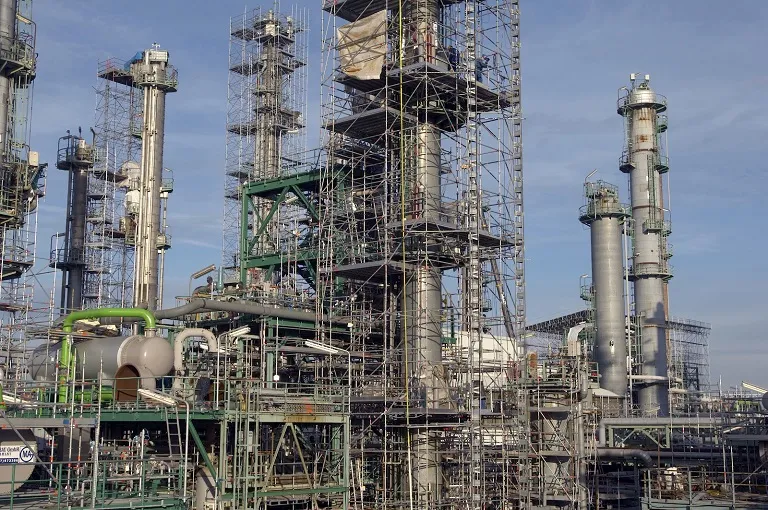The removal of Nigeria’s fuel subsidy has begun to cause a ripple effect on refineries in distant Europe, posing a threat to European refiners, according to a report from Reuters.
One of Europe’s main markets for gasoline has shrunk, threatening to squeeze European refiners, after Nigeria removed fuel subsidies, which destroyed much of the country’s domestic demand and a regional market for smuggled fuel.
The second-quarter data from Refinitiv Eikon shows a significant 56% decline in average monthly gasoline imports in the West African region (WAF), compared to the first quarter.
European petrol exports had in the past found their way to North America and West Africa, particularly Nigeria, which have been the top two destinations. Reuters stated that Europe produces more petrol than it consumes.
Refinitiv Eikon data cited by Reuters indicates that profit margins for gasoline in northwestern Europe have remained around $27 per barrel. Demand from North America, scarcity of high-quality blending materials, disruptions caused by low water levels inland, and local refinery outages have contributed to this stable condition.
However, analysts predict that the disturbance in Nigeria will lead to reduced flows, exerting pressure on European refiners. Middle Eastern refineries, on the other hand, may stand to benefit from this situation.
At the end of May, President Bola Tinubu made a significant announcement, declaring an end to the petrol subsidy regime.
In response, petrol demand plummeted by a staggering 35%, according to the Nigerian Midstream and Downstream Petroleum Regulatory Authority (NMDPRA).
Jeremy Parker from the CITAC consultancy, which specializes in Africa’s downstream energy industry, indicated that onshore petrol reserves in Nigeria have increased to 960,000 tonnes from an average of 613,000 tonnes between January and June. This points towards a declining demand trend.
Moreover, the black market for smuggled subsidized Nigerian fuel in Togo, Benin, and Cameroon has collapsed due to the removal of the subsidy. Reuters explains that this has further diminished the need for shipments via Nigeria.
While there are no reliable figures on the extent of fuel smuggling under the subsidy regime, estimates from official and independent sources suggest that over a third of petrol from state oil firm NNPC’s depots might have been illicitly sold abroad on a daily basis.
Raj Rajendran, Refinitiv’s lead oil analyst, stressed that the crucial point to note is the shrinking demand in West Africa.
Nigeria, being Africa’s largest crude oil producer, heavily relies on imports due to insufficient domestic refining capacity.
However, as Nigeria’s naira continues to weaken to record lows since the central bank lifted currency restrictions in June and inflation reaches nearly two-decade highs, imports are becoming increasingly unaffordable, warns Reuters.
The colossal Dangote refinery, which has faced significant delays, was intended to address the local supply shortage. Unfortunately, CITAC estimates suggest that full production capacity of 650,000 barrels per day may not be realized before the second quarter of 2025.
Alarmingly, analysts told Reuters that the demand for petrol in the country may never fully recover.

